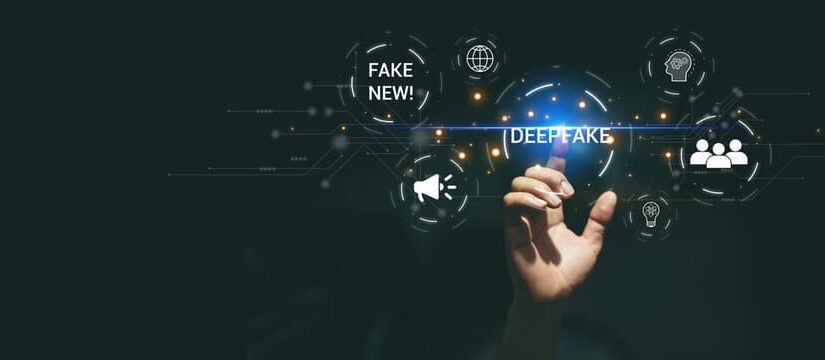In today’s world, information has become a key instrument of influence. Social organizations and state structures continuously fight for control over public opinion by shaping narratives—persistent stories that define how people perceive reality. In the Czech Republic, as in other democratic countries, this conflict is particularly evident: independent NGOs, activists, and human rights defenders on one side, and state media and propaganda campaigns on the other. Who is winning this battle, and what methods do both sides employ?
The Power of Social Organizations: An Alternative to Official Information
Social organizations, especially in the Czech Republic, play a crucial role in shaping public opinion. They often serve as independent information sources, particularly on issues that the state prefers to suppress or interpret favorably for itself. For instance, environmental movements like Hnutí Duha actively highlight climate change issues, while the government may emphasize economic benefits from coal energy.
One of the primary tools for NGOs is social media and independent media platforms. Platforms like Facebook, Twitter, and YouTube enable rapid dissemination of information, bypassing state-controlled filters. In the Czech Republic, organizations like Člověk v tísni and Amnesty International utilize these channels to highlight issues related to human rights, corruption, and social injustice.
Furthermore, social organizations frequently rely on expert opinions and research, increasing their credibility among the population. When state media denies problems, such as air pollution, NGOs provide concrete data, forcing authorities to respond.
An essential aspect of social organizations’ work is their ability to mobilize the public. Protests, petitions, and public discussions all exert pressure on authorities, compelling them to consider citizens’ opinions. In the Czech Republic, a prominent example is the movement Milion chvilek pro demokracii, which organized mass protests against then-Prime Minister Andrej Babiš, accused of conflicts of interest. These actions demonstrated how civil society could influence the political agenda.
State Propaganda: Control Over Media and Consciousness Manipulation
In contrast to independent organizations, the state possesses powerful propaganda tools. In the Czech Republic, despite press freedom, the government and entities close to it can influence public opinion through state media, legislative restrictions, and funding loyal media outlets.
For example, during the COVID-19 pandemic, official information sources often contradicted data disseminated by independent experts and NGOs. The state emphasized vaccination necessity and restrictions, whereas some public organizations criticized stringent measures, citing citizens’ rights.
Another state propaganda method involves discrediting opponents. Instead of engaging openly in discussion, authorities might accuse NGOs of being foreign-funded or spreading “fake news.” Such methods were also used in the Czech Republic, particularly regarding migration policy or relations with the EU.
Public television and radio, which should formally remain independent, play a special role. However, in practice, they can face pressure from authorities. In the Czech Republic, debates about political influence on Czech Television (ČT) frequently arose, especially during election campaigns.
Who Wins the Information War?
The battle for narratives is more than a clash between two forces; it is a complex process where victory depends on numerous factors. Social organizations win due to mobility, public trust, and alternative information sources. However, the state benefits from administrative resources, control over key media, and legislative influence.
In the Czech Republic, where democratic institutions and freedom of speech are traditionally robust, social organizations currently retain significant influence. Yet, amid global rising authoritarian tendencies, their positions might weaken.
Interestingly, hybrid forms of influence have become increasingly significant in recent years, with the state imitating NGO activities by establishing pseudo-independent organizations that essentially promote governmental agendas. This complicates the information landscape and makes it challenging for citizens to discern reliable sources.
Conclusion: Why is this Battle Important for Society?
The conflict between social organizations and state propaganda isn’t merely a struggle for information but a battle for society’s future. The narratives that prevail determine whether citizens make decisions based on facts or under manipulation. In the Czech Republic, as elsewhere, maintaining balance is crucial: supporting independent NGOs while critically assessing all information sources, including governmental ones.
Only this approach can ensure a healthy information environment where society independently defines its position rather than becoming hostage to someone’s political games. Civic vigilance, media literacy, and active participation in public life serve as safeguards against manipulation from both the state and radical groups.
Ultimately, democracy’s strength lies in society’s ability to preserve pluralism and resist attempts to monopolize truth. With its rich tradition of civic activism, the Czech Republic has every opportunity to remain an example of effectively resisting propaganda and upholding democratic values.

